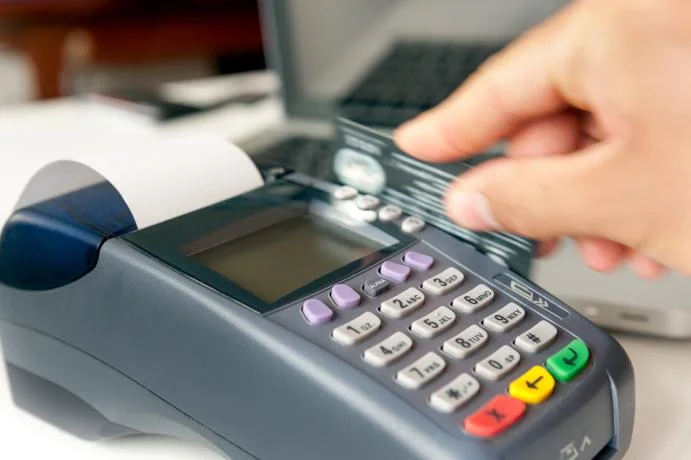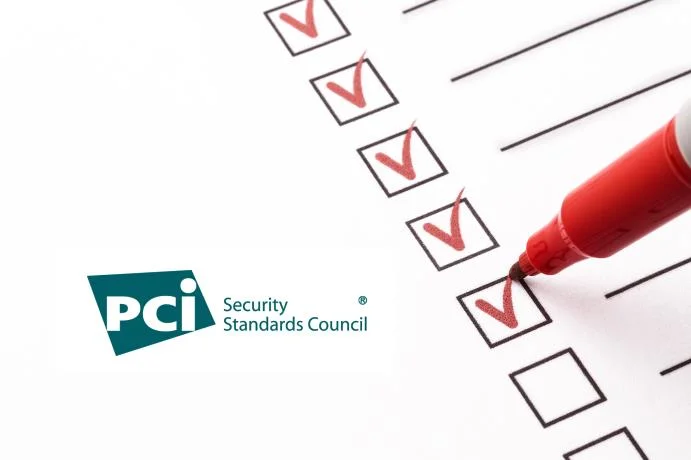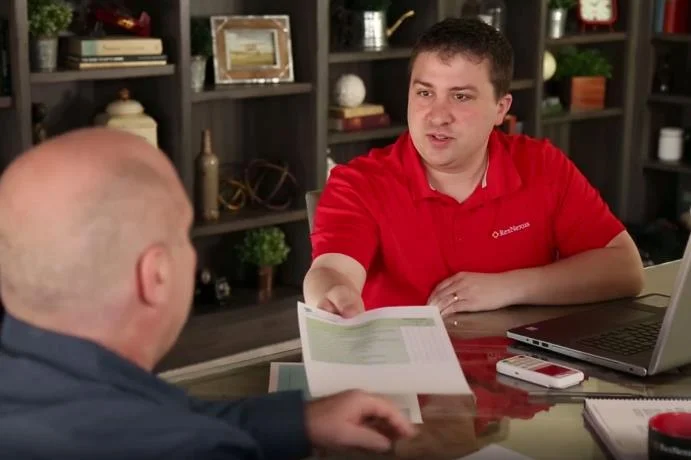1. Fees Paid to Third Parties (Quality Security Assessors) to Verify PCI Compliance.
Most credit card processors require PCI validation through a third party Qualified Security Assessor.
The cost of having a Qualified Security Assessor validate your Self-Assessment Questionnaire can range from $100-$500 per year, depending on which self-assessment your business is required to fill out. Many Qualified Security Assessors also offer educational programs, and will even walk you through the Self-Assessment Questionnaire (SAQ) and/or fill it out for you.
Some credit card processors partner with third party Qualified Security Assessor companies to handle all merchant SAQ validation. This can often provide customers with prices that are below the market average for SAQ validation.
For example, some ResNexus customers use
Complete Merchant Solutions (CMS) and Authorize.net to process credit card payments. Because Authorize.net and CMS process payments for merchants in multiple industries and locations, their backing banks require each of their customers to validate their SAQ results through a third party provider. Both CMS and Authorize.net use a QSA company called Security Metrics. Due to this partnership,
Security Metrics charges a low annual fee for SAQ validation.
Regardless of your credit card processor's relationship with Qualified Security Assessors, a business always has the option to find their own licensed assessor to validate their Self-Assessment Questionnaire.
In addition to QSA's, some credit card processors will also require businesses to perform a quarterly network scan through an Approved Scan Vendor.
Prices for vulnerability scans range from $100-$200 per quarter. Keep in mind some Qualified Security Assessors are also Approved Scan Vendors and will be able to handle all of your needs. If you have additional questions regarding network scans, consult your credit card processor.
For more information about PCI Compliance Scanning Requirements,
click here.2. PCI Non-Compliance Fees to Credit Card Processors
Should a business fail to complete or validate an annual Self-Assessment Questionnaire, or if their answers on their SAQ indicate that their business is not PCI compliant, the business will often be charged a PCI non-compliance fee by their credit card processor.
A common rumor in the industry is that PCI non-compliance fees are required by the credit card brands. This is not true. Visa and MasterCard do not charge businesses or processors a fee for PCI non-compliance.
However, the
card brands may impose compliance fines if non-compliance leads to a security issue or breach. These fines can be levied on both the merchant and credit card processor. In short, it is in the best interest of the credit card processor to do whatever it can to ensure its merchants are PCI compliant, and a PCI non-compliance fee is intended to do just that.
Each processor chooses whether to charge a PCI non-compliance fee, and if so, how much the fee is.
PCI non-compliance fees typically range from $10 to $40 a month, but can go as high as $100 a month for certain processors. PCI non-compliance fees are often set higher than the costs of the annual validation as a way to motivate businesses to become PCI compliant.




